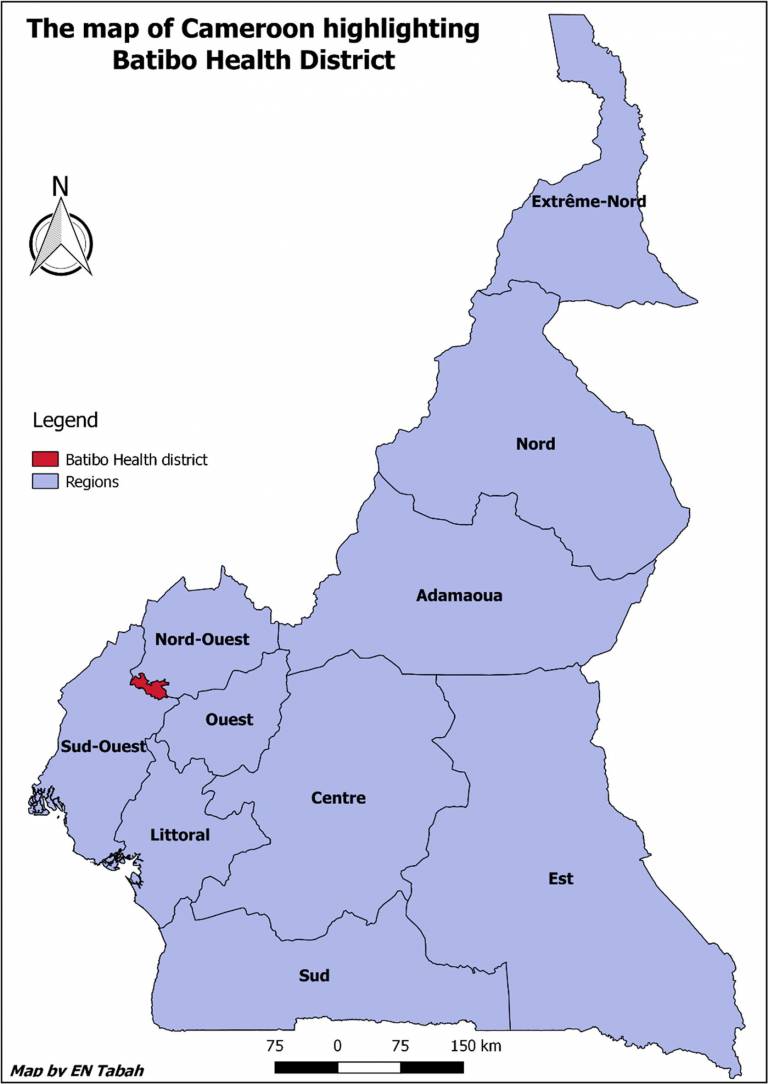New study makes an important contribution to the understanding of epilepsy in rural areas of Africa
13 May 2021
A new study, co-authored by researchers at UCL Queen Square Institute of Neurology, & published online in Epilepsy & Behavior, mapped and characterised epilepsy in resource-poor countries and was instrumental in establishing a sustainable clinical service in this area.

Most people with epilepsy in many poor areas often go undiagnosed and untreated and this causes a lot of suffering to the individual and their families. A number of reasons explain this lack of treatment and treatment gap such as the paucity of clinics and physicians who can be diagnosed and then treat epilepsy. Many people with the right treatment will be seizure-free and could have a very normal life.
To gather evidence we carried out a study to find out people with, and to identify the characteristics of, epilepsy in an area of Cameroon, in West Africa together with setting up a clinic to help the people found to lead a more normal life. We found that epilepsy is commoner there than we expect in many Western setting and that likely parasites play a role in a large number of people with epilepsy in this area.
"Epilepsy can be easily treated but before we can offer people treatment we need to find them and also to understand the reason why people have epilepsy. This study mapped and characterised epilepsy in resource-poor countries and was instrumental in establishing a sustainable clinical service in this area.This is another example of UCL's global citizenship and an important contribution to the understanding of epilepsy in rural areas of Africa. " Co-author Professor Ley Sander, Head of Department of Clinical & Experimental Epilepsy, UCL Queen Square Institute of Neurology
Links
- Angwafor et al. Epilepsy in a health district in North-West Cameroon: Clinical characteristics and treatment gap. Epilepsy & Behavior. Published:May 11, 2021 DOI:https://doi.org/10.1016/j.yebeh.2021.107997
- Professor Ley Sander's academic profile
Image:
Map of Cameroon showing the Regions and the Batibo District Hospital, by E.N. Tabah
 Close
Close

